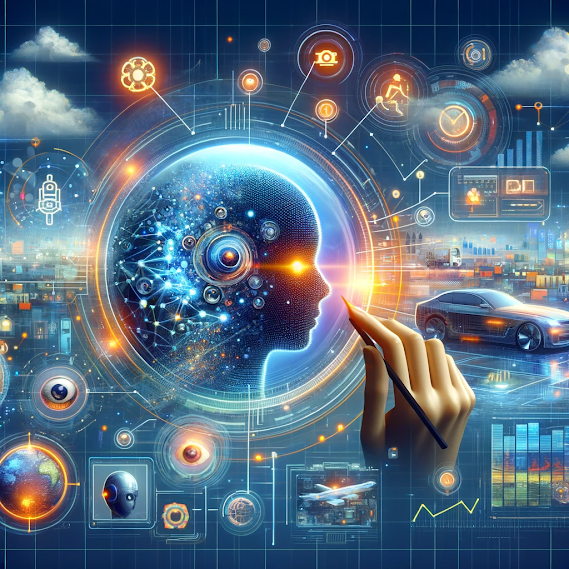🔬 Meet 'Coscientist' - Your New AI Lab Partner!
🔬 Meet 'Coscientist' - Your New AI Lab Partner!
The advent of "Coscientist," an AI-driven system that autonomously learned and executed Nobel Prize-winning chemical reactions, marks a significant milestone in the integration of artificial intelligence in scientific research. This development, led by Carnegie Mellon University's Gabe Gomes, is a testament to the ever-growing capabilities of AI in enhancing the pace and reliability of scientific discoveries.
The use of AI in laboratories is not a new phenomenon. Over the years, AI has significantly impacted various research fields, ranging from cancer research and genetic biology to drug development and food quality control. The core of these AI advancements lies in technologies like convolutional neural networks, reinforcement learning, and generative adversarial networks, which have transformed the way researchers collect, analyze, and interpret massive data sets.
A notable example of AI's impact is in the field of genomics. Projects like the 100,000 Genomes Project by Genomics England leveraged #AI for complex tasks like variant calling and annotation in genetic sequencing, significantly reducing the time and labor traditionally required. Partnerships like Eagle Genomics with the Earlham Institute demonstrate AI's role in developing tools for analyzing complex microbiome data, showcasing the potential for AI-driven innovation in life sciences.
Furthermore, AI's role extends beyond the laboratory to address global challenges such as climate change. It aids in environmental science by enabling the use of AI in analysis of vast data sets to monitor patterns like air quality and rainfall changes, assisting in making informed decisions at various levels.
In renewable energy, #AI is playing a crucial role in managing decentralized grids and optimizing the performance of infrastructure like wind turbines and solar panels. This not only improves efficiency but also supports the global transition to green energy.
Overall, the creation of "Coscientist" and similar AI-driven systems represents a remarkable leap in scientific research. These advancements not only accelerate the discovery process but also open up new avenues for tackling some of the world's most pressing issues. The integration of #AI in scientific research exemplifies a significant shift towards a more efficient, data-driven approach in various fields, making complex tasks more manageable and contributing to groundbreaking discoveries.


.jpeg)

.jpg)
Comments
Post a Comment